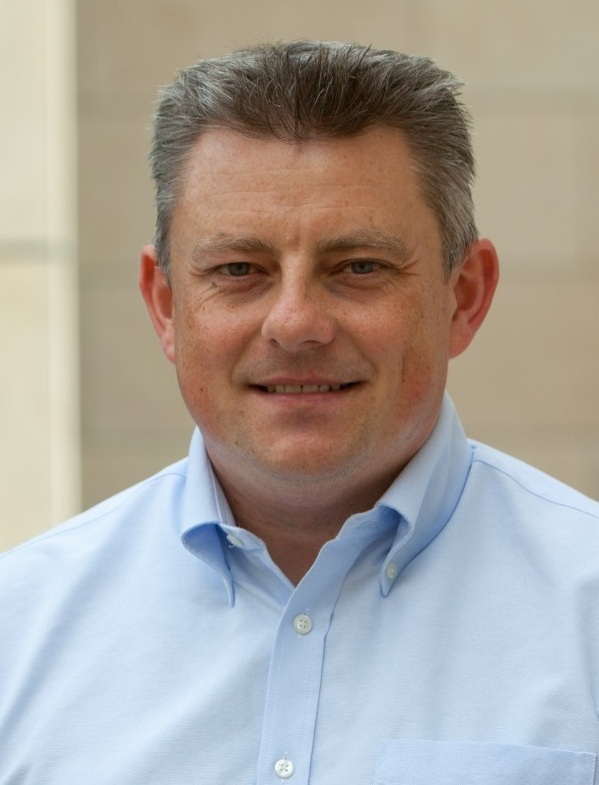Boris Murman, Stanford University

Short biography: Boris Murmann joined the Department of Electrical Engineering, Stanford, CA in 2004, where he currently serves as an Associate Professor. He received the Ph.D. degree in electrical engineering from the University of California at Berkeley in 2003. From 1994 to 1997, he was with Neutron Mikrolektronik, Germany, where he developed low-power and smart-power ASICs in automotive CMOS technology. Dr. Murmann’s research interests are in the area of mixed-signal integrated circuit design, with special emphasis on data converters and sensor interfaces. In 2008, he was a co-recipient of the Best Student Paper Award at the VLSI Circuits Symposium in 2008 and a recipient of the Best Invited Paper Award at the IEEE Custom Integrated Circuits Conference (CICC). He received the Agilent Early Career Professor Award in 2009 and the Friedrich Wilhelm Bessel Research Award in 2012. He currently serves as an Associate Editor of the IEEE Journal of Solid-State Circuits, the Data Converter Subcommittee Chair of the IEEE International Solid-State Circuits Conference (ISSCC) and as a program committee member of the European Solid-State Circuits Conference (ESSCIRC). He is an elected AdCom member of the IEEE Solid-State Circuits Society.
Title: Digitally-assisted data converter design
Abstract: Modern CMOS technologies provide digital signal processing capabilities at high integration density and low energy per operation. Hence, expending digital signal processing to enhance performance-limiting analog building blocks has become a widely explored paradigm in modern ICs. In this talk, I will review the state-of-the-art in digitally assisted data converter design. The presentation will review the progress made over the past decade, evaluate the future prospects, and speculate about opportunities for long-term paradigm shifts.